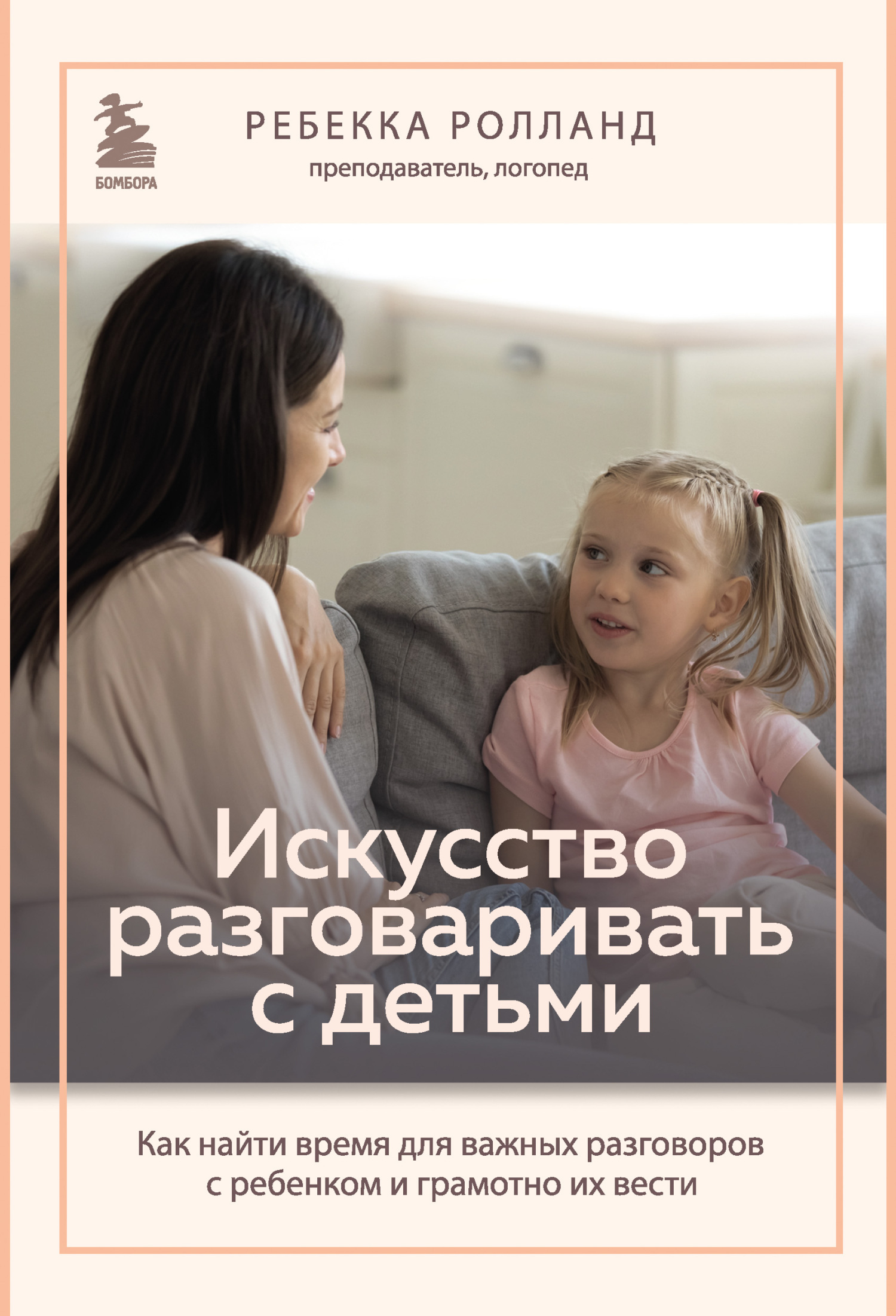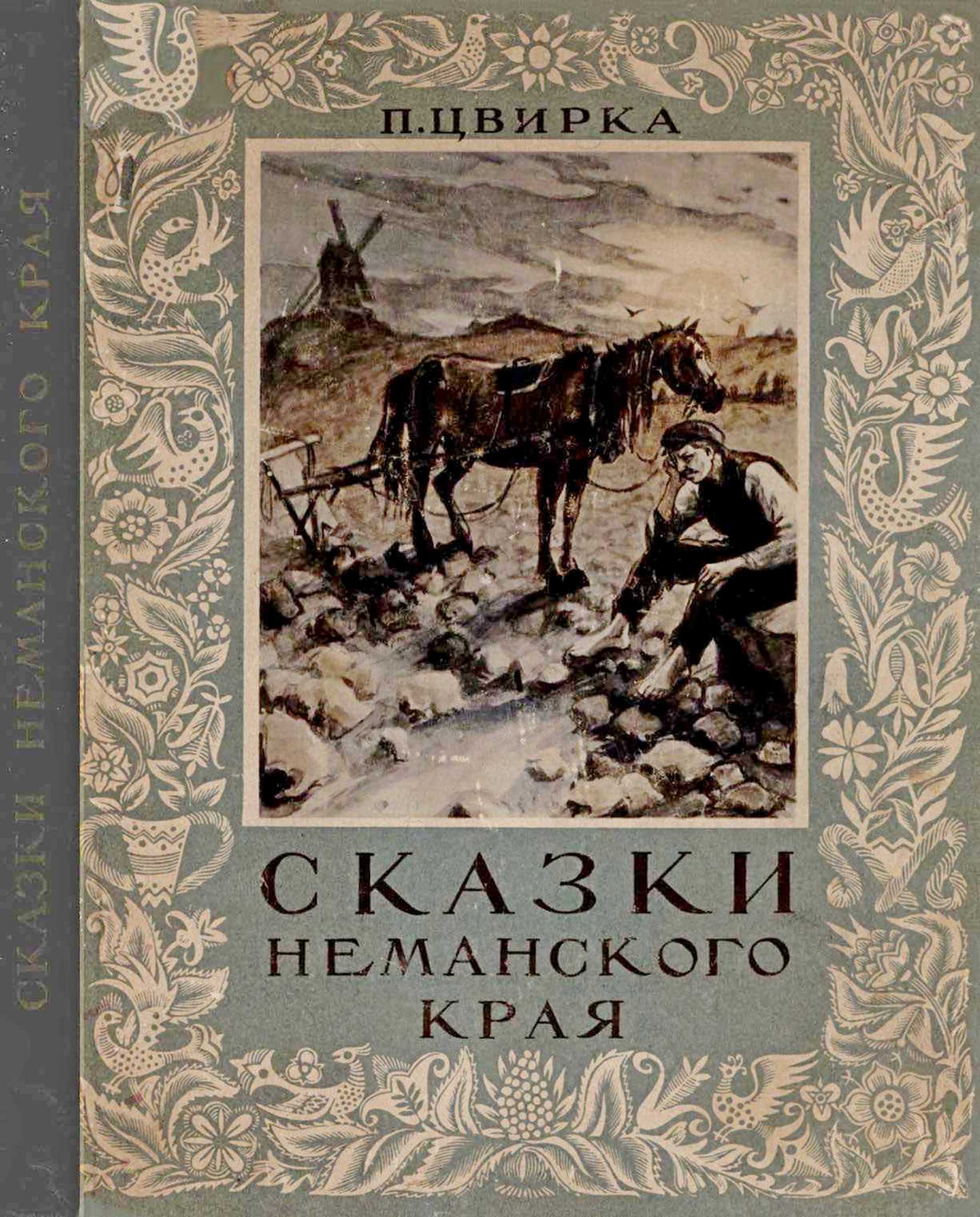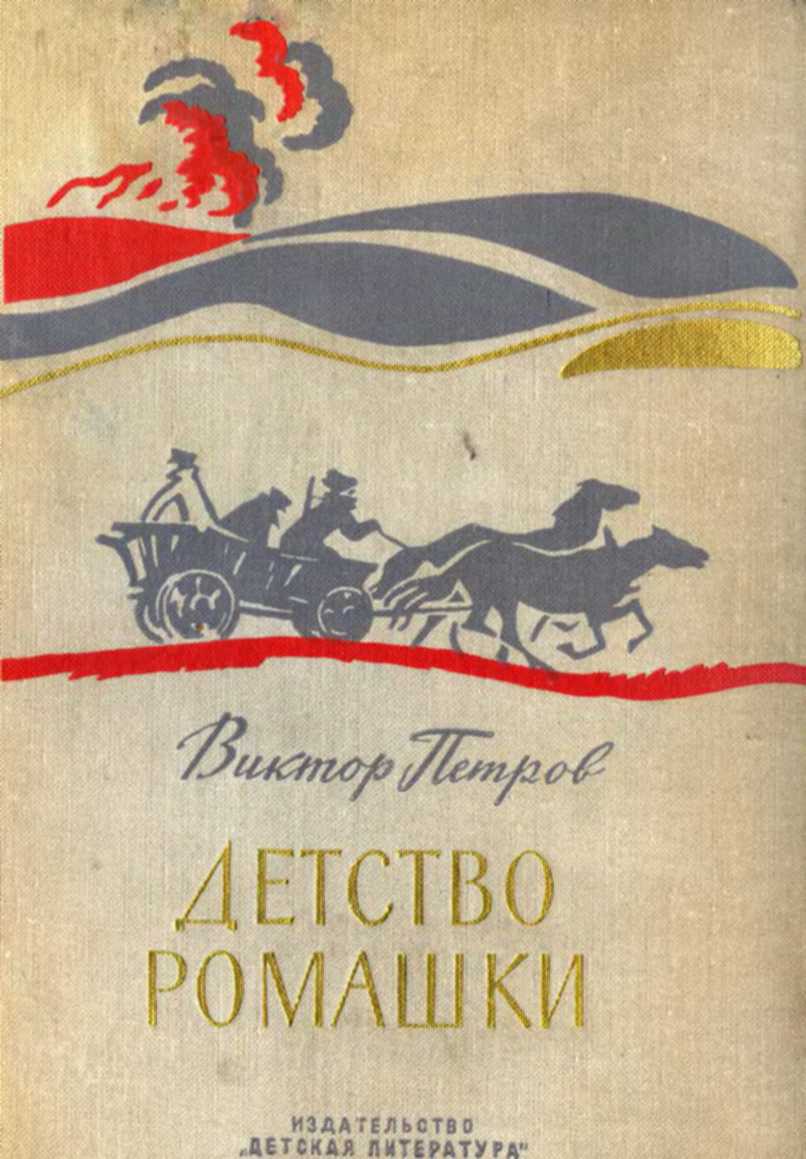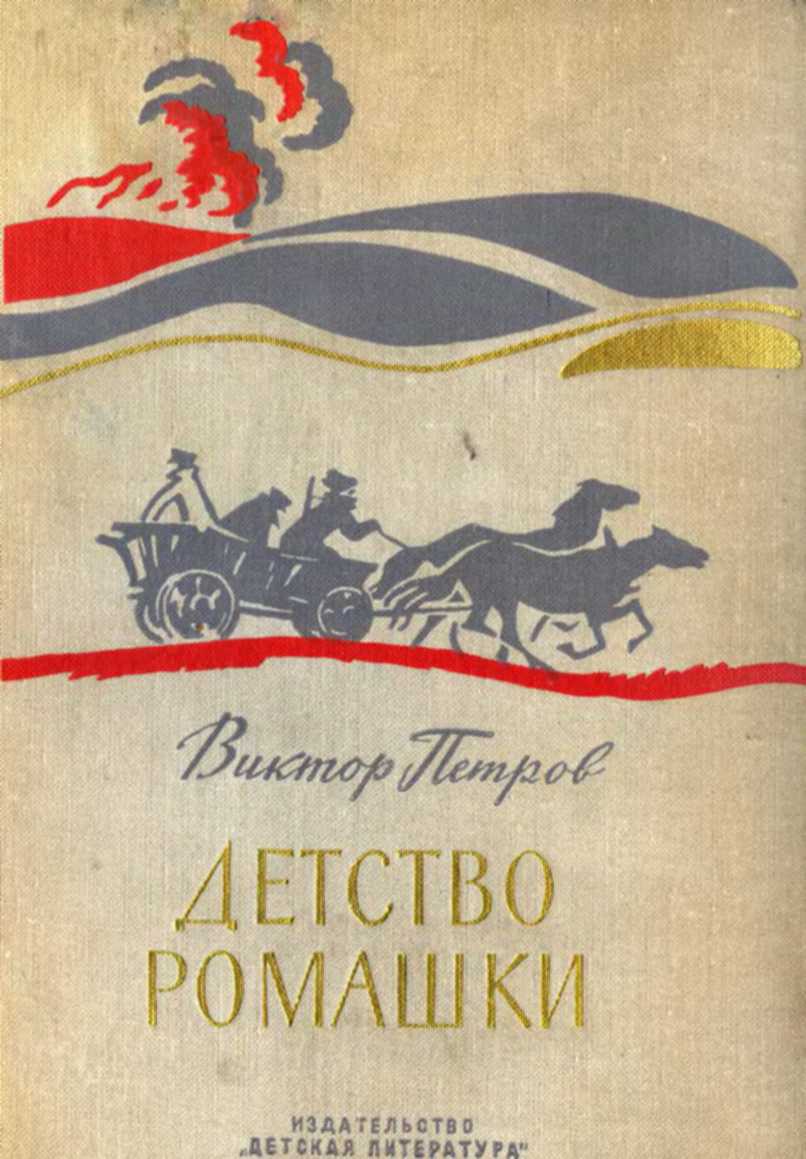https://doi.org/10.1080/17439760.2015.1081971.
Stanovich, Keith E. “Matthew Effects in Reading: Some Consequences of Individual Differences in the Acquisition of Literacy.” Reading Research Quarterly 21, no. 4 (1986): 360–407. https://doi.org/10.1177/0022057409189001-204.
“The State of Learning Disabilities: Understanding the 1 in 5.” National Center for Learning Disabilities, February 1, 2017. https://www.ncld.org/wp-content/uploads/2017/03/1-in-5-Snapshot.Fin_.03142017.pdf.
“Statistics.” National Institute of Mental Health. US Department of Health and Human Services. Accessed June 4, 2021. https://www.nimh.nih.gov/health/statistics/.
Stelmack, Robert M., and Anastasios Stalikas. “Galen and the Humour Theory of Temperament.” Personality and Individual Differences 12, no. 3 (1991): 255—63. https://doi.org/10.1016/0191-8869(91)90111-n.
Stevens, Elizabeth A., Melodee A. Walker, and Sharon Vaughn. “The Effects of Reading Fluency Interventions on the Reading Fluency and Reading Comprehension Performance of Elementary Students with Learning Disabilities: A Synthesis of the Research from 2001 to 2014.” Journal of Learning Disabilities 50, no. 5 (November 2016): 576—90. https://doi.org/10.1177/0022219416638028.
Stolt, S., A. Lind, J. Matomäki, L. Haataja, H. Lapinleimu, and L. Lehtonen. “Do the Early Development of Gestures and Receptive and Expressive Language Predict Language Skills at 5;0 in Prematurely Born Very-Low-Birth-Weight Children?” Journal of Communication Disorders 61 (2016): 16–28. https://doi.org/10.1016/j.jcomdis.2016.03.002.
Stothard, Susan E., and Charles Hulme. “A Comparison of Phonological Skills in Children with Reading Comprehension Difficulties and Children with Decoding Difficulties.” Journal of Child Psychology and Psychiatry 36, no. 3 (1995): 399–408. https://doi.org/10.1111/j.1469–7610.1995.tb01298.x.
Strauss, Valerie. “In a Liberal Boston Suburb, Kindergarten Teachers Say Their Students Are Learning to ‘Hate’ School.” Washington Post, June 13, 2019. https://www.washingtonpost.com/education/2019/06/13/liberal-boston-suburb-kindergarten-teachers-say-their-students-are-learning-hate-school/.
Strouse, Gabrielle A., and Jennifer E. Samson. “Learning from Video: A Meta-Analysis of the Video Deficit in Children Ages 0 to 6 Years.” Child Development 92, no. 1 (January/February 2021): e20—e38. https://doi.org/10.1111/cdev.13429.
Su, Jeb. “Why Amazon Alexa Is Always Listening to Your Conversations: Analysis.” Forbes, May 16, 2019. https://www.forbes.com/sites/jeanbaptiste/2019/05/16/why-amazon-alexa-is-always-listening-to-your-conversations-analysis/?sh=108f020d2378.
Sundem, Garth. “Kids with Low Self-Esteem: The Parental Praise Paradox.” Wired, March 6, 2013. https://www.wired.com/2013/03/kids-with-low-self-esteem-the-parental-praise-paradox/.
Suskind, Dana. Thirty Million Words: Building a Child’s Brain. New York: Dutton, 2016.
Svetlova, Margarita, Sara R. Nichols, and Celia A. Brownell. “Toddlers’ Prosocial Behavior: From Instrumental to Empathic to Altruistic Helping.” Child Development 81, no. 6 (2010): 1814—27. https://doi.org/10.1111/j.1467–8624.2010.01512.x.
Szycik, Gregor R., Bahram Mohammadi, Thomas F. Münte, and Bert T. te Wildt. “Lack of Evidence That Neural Empathic Responses Are Blunted in Excessive Users of Violent Video Games: An FMRI Study.” Frontiers in Psychology 8 (August 2017). https://doi.org/10.3389/fpsyg.2017.00174.
Tatum, Beverly Daniel. Why Are All the Black Kids Sitting Together in the Cafeteria? Revised Edition. New York: Basic Books, 2017.
Taussig, Rebekah. Sitting Pretty: The View from My Ordinary Resilient Disabled Body. New York: HarperOne, 2020.
Terada, Youki. “How Metacognition Boosts Learning.” Edutopia, November 21, 2017. https://www.edutopia.org/article/how-metacognition-boosts-learning.
Therrien, William J. “Fluency and Comprehension Gains as a Result of Repeated Reading.” Remedial and Special Education 25, no. 4 (2004): 252—61. https://doi.org/10.1177/07419325040250040801.
Thomas, Alexander, Stella Chess, and Herbert G. Birch. “The Origin of Personality.” Scientific American 223, no. 2 (1970): 102—9. https://doi.org/10.1038/scientificamerican0870-102.
Thornberg, Robert, Laura Tenenbaum, Kris Varjas, Joel Meyers, Tomas Jungert, and Gina Vanegas. “Bystander Motivation in Bullying Incidents: To Intervene or Not to Intervene?” Western Journal of Emergency Medicine 13, no. 3 (January 2012): 247—52. https://doi.org/10.5811/westjem.2012.3.11792.
Torgesen, Joseph K., Richard K. Wagner, and Carol A. Rashotte. “Longitudinal Studies of Phonological Processing and Reading.” Journal of Learning Disabilities 27, no. 5 (1994): 276—86. https://doi.org/10.1177/002221949402700503.
Torres, Carlos Alberto, and Emiliano Bosio. “Global Citizenship Education at the Crossroads: Globalization, Global Commons, Common Good, and Critical Consciousness.” Prospects 48, no. 3–4 (2020): 99—113. https://doi.org/10.1007/s11125-019-09458-w.
Tough, Paul. Helping Children Succeed: What Works and Why. Boston: Houghton Mifflin Harcourt, 2016.
Tracy, Sarah J. “Let’s Talk: Conversation as a Defining Moment for the Communication Discipline.” Health Communication 35, no. 7 (2019): 910—16. https://doi.org/10.1080/10410236.2019.1593081.
Treiman, Rebecca. “Phonological Awareness and Its Roles in Learning to Read and Spell.” In Phonological Awareness in Reading. Edited by Diane J. Sawyer and Barbara J. Fox, 159—89. New York: Springer, 1991. https://doi.org/10.1007/978-1-4612-3010-6_6.
Triplett, Cheri Foster, and Mary Alice Barksdale. “Third through Sixth Graders’ Perceptions of High-Stakes Testing.” Journal of Literacy Research 37, no. 2 (2005): 237—60. https://doi.org/10.1207/s15548430jlr3702_5.
Turner, Lisa A., and Paul E. Turner. “The Relation of Behavioral Inhibition and Perceived Parenting to Maladaptive Perfectionism in College Students.” Personality and Individual Differences 50, no. 6 (2011): 840—44. https://doi.org/10.1016/j.paid.2011.01.006.
Uccelli, Paola, Özlem Ece Demir-Lira, Meredith L. Rowe, Susan Levine, and Susan Goldin-Meadow. “Children’s Early Decontextualized Talk Predicts Academic Language Proficiency in Midadolescence.” Child Development 90, no. 5 (2018): 1650—63. https://doi.org/10.1111/cdev.13034.
Uhls, Yalda T., Minas Michikyan, Jordan Morris, Debra Garcia, Gary W. Small, Eleni Zgourou, and Patricia M. Greenfield. “Five Days at Outdoor Education Camp without Screens Improves Preteen Skills with Nonverbal Emotion Cues.” Computers in Human Behavior 39 (2014): 387—92. https://doi.org/10.1016/j.chb.2014.05.036.
UNICEF. “Learning through Play,” October 2018. https://www.unicef.org/sites/default/files/2018-12/UNICEF-Lego-Foundation-Learning-through-Play.pdf.
Vaillancourt, Tracy, Robert Faris, and Faye Mishna. “Cyberbullying in Children and Youth: Implications for Health and Clinical Practice.” Canadian Journal of Psychiatry 62, no. 6 (2016): 368—73. https://doi.org/10.1177/0706743716684791.
Van Harmelen, A.-L., R. A. Kievit, K. Ioannidis, S. Neufeld, P.B. Jones, E. Bullmore, R. Dolan, P. Fonagy, and I. Goodyer. “Adolescent Friendships Predict Later Resilient Functioning across Psychosocial Domains in a Healthy Community Cohort.” Psychological Medicine 47, no. 13 (November 2017): 2312—22. https://doi.org/10.1017/s0033291717000836.
Vanderbilt, Douglas, and Marilyn Augustyn. “The Effects of Bullying.” Paediatrics and Child Health 20, no. 7 (2010): 315—20. https://doi.org/10.1016/j.paed.2010.03.008.
Varygiannes, Dorothy. “The Impact of Open-Ended Tasks.” Teaching Children Mathematics 20, no. 5 (2013): 277—80. https://doi.org/10.5951/teacchilmath.20.5.0277.
Vygotsky, L. S., Michael Cole, Sally Stein, and Allan Sekula. Mind in Society: The Development of Higher Psychological Processes. Cambridge, MA: Harvard Univ. Press, 1978.
Vygotsky, L.S. The Collected Works of L.S. Vygotsky. Edited by Robert W. Rieber and Aaron S. Carton. New York: Plenum Press, 1987.
Wachsmuth, Ipke, Manuela Lenzen, and Günther Knoblich. “Embodied Communication in Humans and Machines.” Oxford Scholarship Online, March 2012. https://doi.org/10.1093/acprof: oso/9780199231751.001.0001.
Wagers, Keshia B., and Elizabeth J. Kiel. “The Influence of Parenting and Temperament on Empathy Development in Toddlers.” Journal of Family Psychology 33, no. 4 (2019): 391–400. https://doi.org/10.1037/fam0000505.
Ware, Bronnie. The Top Five Regrets of the Dying: A Life Transformed by the Dearly Departing. Alexandria, NSW: Hay House Australia, 2019.
Wasik, Barbara A., and Charlene Iannone-Campbell. “Developing Vocabulary through Purposeful, Strategic Conversations.” The Reading Teacher 66, no. 4 (2012): 321—32. https://doi.org/10.1002/trtr.01095.
Wasik, Barbara A., and Mary Alice Bond. “Beyond the Pages of a Book: Interactive Book Reading and Language Development in Preschool Classrooms.” Journal of Educational Psychology 93, no. 2 (2001): 243—50.





